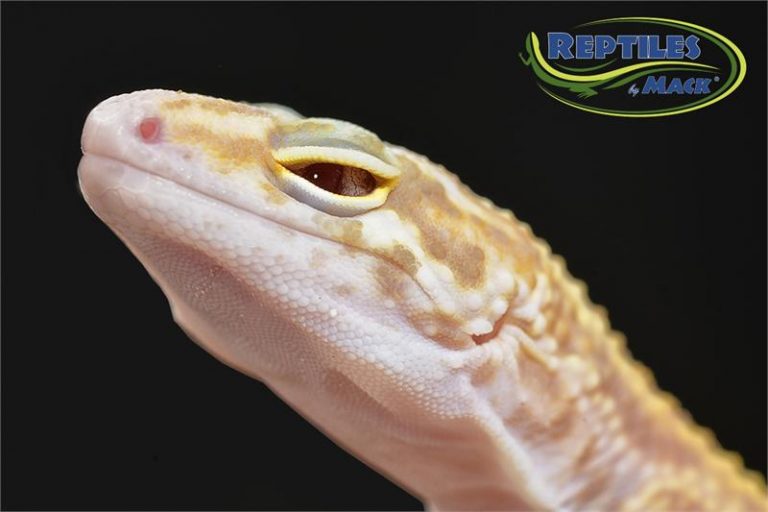

A good rule of thumb is that the grub worm is not larger than the gecko’s throat. Leopard geckos can eat grub worms so long as the worm is not too large for the gecko to eat. They are also quite expensive and sometimes a challenge to source. While highly nutritious, not all leopard geckos will take to them and may refuse them if served. Calci worms are rich in calcium, protein, and fat, so they do not need to be provided as frequently. Leopard geckos can eat Calci worms but should only do so 2-3x per week. Wild earthworms can carry parasites, which will be passed on to your leopard gecko if fed.Įqually, earthworms that are sourced from bait stores are often coated in various compounds, including sawdust, powdered oatmeal, and ‘vegetable materials’ or are covered in pesticides. Leopard geckos can eat earthworms on the basis that the earthworm was purchased from a reputable store that specializes in feeders for reptiles. This is because buffalo worms are very small in size. Juvenile Leopard geckos can eat Buffalo worms, but adults should not be fed them. Therefore, butterworms should be fed at your discretion. It has been speculated that this could be because they are quite acidic, are challenging to break down due to their strong mandibles, and for some leopard geckos, they are difficult to swallow.

It’s important to consider that there are instances of butterworms being regurgitated by some leopard geckos. Butterworms have the highest fat content than other worm types and can easily result in excess weight gain if overfed. They should, however, do so in minimal amounts. Leopard geckos can typically eat Butterworms.


 0 kommentar(er)
0 kommentar(er)
